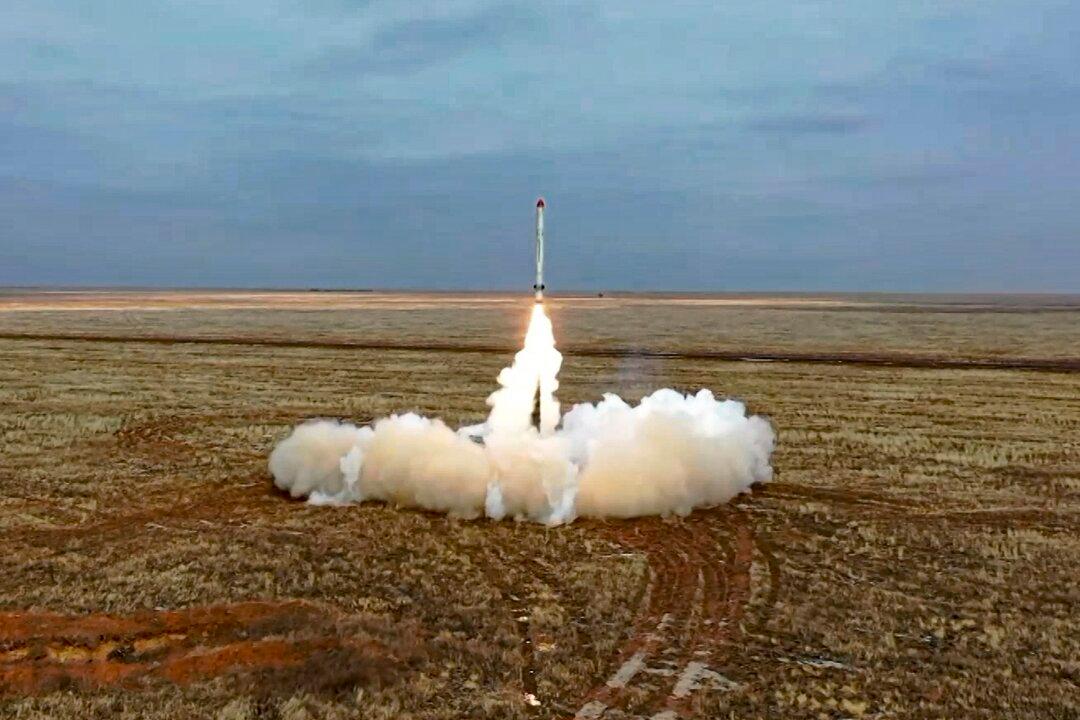Belarus on Tuesday launched drills involving missiles and warplanes capable of carrying tactical nuclear weapons, which close ally Russia has deployed there amid tensions with the West over Ukraine.
The Belarusian maneuvers began a day after Russia announced plans to hold similar drills simulating the use of battlefield nuclear weapons in what it cast as a response to statements by Western officials signaling possibly deeper involvement in the war in Ukraine. It was the first time such an exercise had been publicly announced by Moscow.





